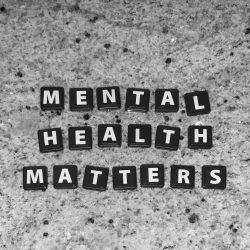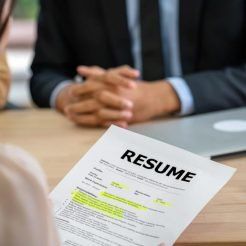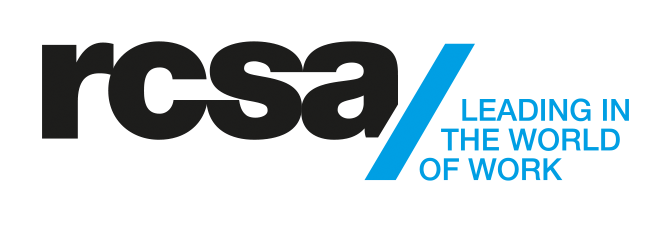Strategy
Develop a plan of attack! Determine how many hours a week you will need to meet your study criteria as well as a timeline of when your course will be completed. This way you will be able to establish how many hours a week you have available for work, and what days you can commit to working. An important factor to consider is how you best study. Is it in the morning, or at night time? Do you prefer short amounts each day or long periods over one day? This is vital when planning out your time so you can be as efficient as possible.

















